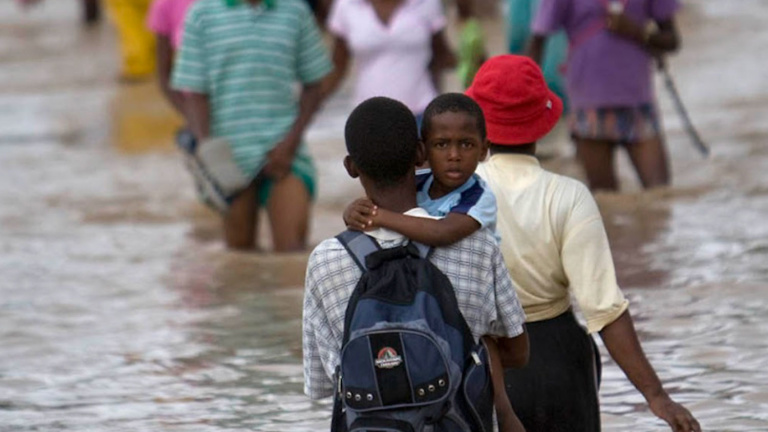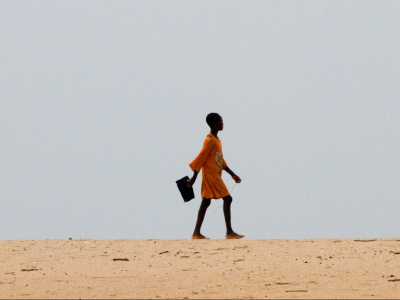
The complex link between climate change and conflict - Editorial
This issue of Great Insights looks at climate change not as a global phenomenon but rather at how it is or it isn’t a trigger to violent conflicts.
Climate risks are recognised as transboundary and they need to be tackled through a committed global climate leadership. The relationship between climate change and conflicts has been discussed extensively in various contexts and there are strong indications and a growing recognition that climate change can accelerate or deepen conflicts; however, there is still a lack of consensus on how and under which circumstances climate change ignites conflicts, because a direct impact is often not easy to trace: developments that might lead to conflicts are characterised by a complex constellation of various factors, therefore, we might not be able to see at first sight a direct climate cause.
Consequences of and responses to climate change are issues debated internationally, both at the EU and UN level. The latest and most notable event was the UN Climate Summit in September and recently the UN Security Council has held debates on addressing the impact of climate related disasters on international peace and security. The EU had already stated in the Global Strategy for the European Union’s Foreign And Security Policy that sustainable peace has always been and will remain at the centre of the European Union’s external action.
All these elements are central to our latest Great Insights. We asked policy makers and analysts to help us answer the following question: “When is climate change a risk factor for violent conflicts and what can be done to address climate change risk as part of a broader peacebuilding effort?”.
Outgoing High Representative Federica Mogherini opens the issue in which she builds on her Statement on the occasion of the International Day of Peace where she said: “Climate change multiplies threats to peace and security as it adds pressure to already fragile livelihoods and destabilises local communities and their environments”. In her contribution, she looks at the EU efforts to counter the negative effects of climate change impacting on security, as well as the role of the EU in recognising the link between climate and security, and more specifically how climate change is radically changing our security environment.
Her article is followed by the contribution of ten leading experts and analysts that we grouped following three structural angles: first, a look at other international organisations and their ability to trigger change; then, an analysis of regional and local realities with case studies; and finally, a dedicated thematic section ranging from displacement, through gender and natural resources.
The idea of this Great Insights came from the initial discussions on a new project we will be working on for the next couple of years: the Horizon 2020 on ‘CAScading Climate risks: towards ADaptive and resilient European Societies’ (CASCADES). The aim of the project is to investigate how climate risks beyond Europe’s geographical borders may affect Europe, and to find adequate responses to adapt to these risks or mitigate them. ECDPM is working on this together with several leading climate change European Institutes.
Finally, you might have noticed – by looking at the names of our eleven authors – that they are all women. This is no coincidence: we wanted to give space to some of the female experts who have made a substantial contribution in a field that has been strongly influenced by male thinking.
We hope that you will find the articles informative and the analyses insightful to inspire your work and further learning on the issue. For all further references and questions with regards to CASCADES, you can contact Hanne Knaepen.
Guest editor
Vera Mazzara, Policy Officer, Security and Resilience Programme, ECDPM
Read the full magazine issue









